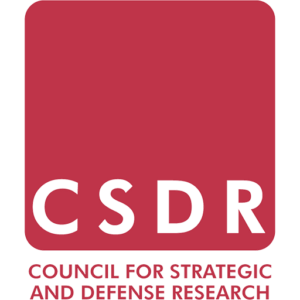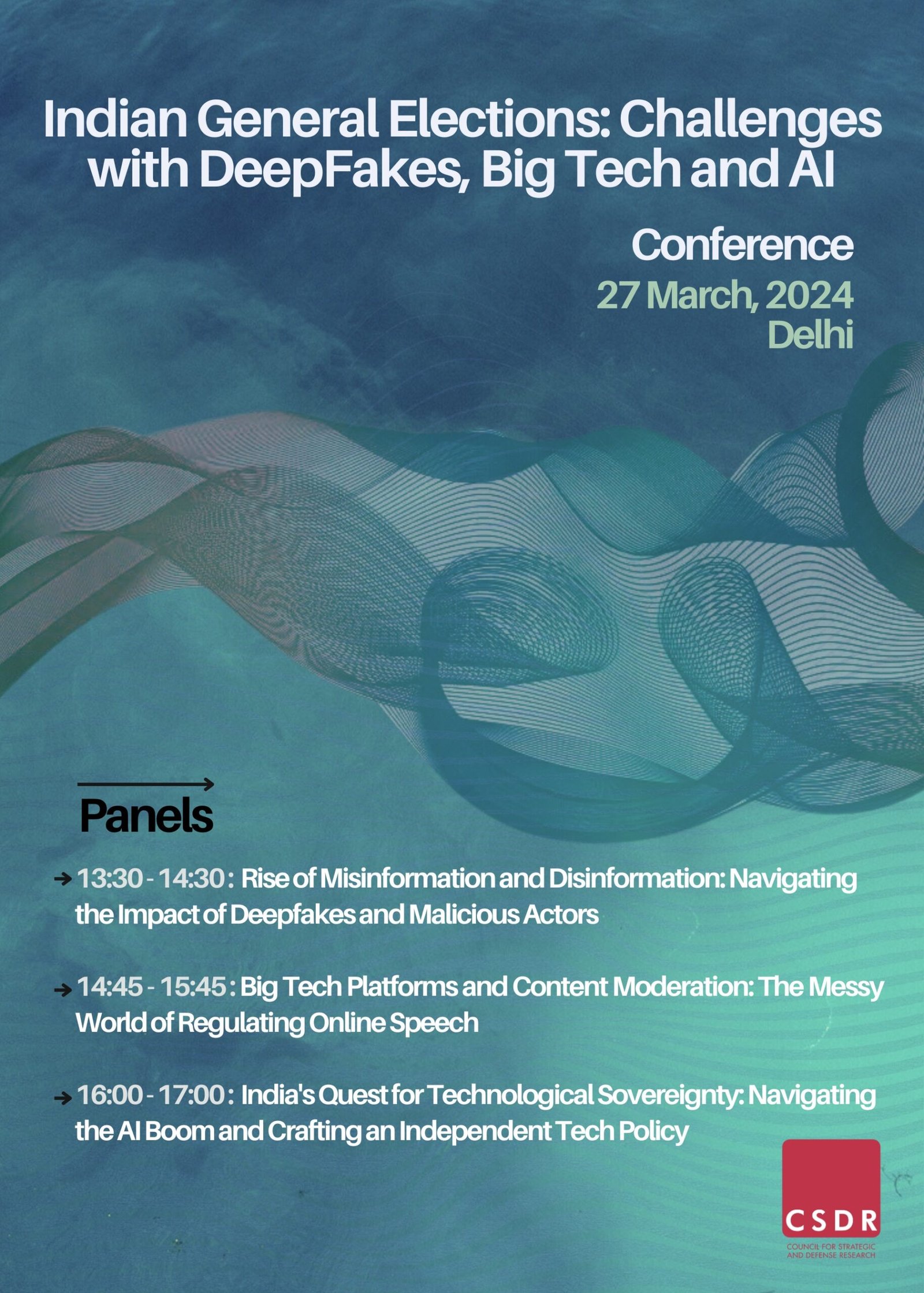The Digital Intelligence and Social Impact Program operates at the convergence of artificial intelligence, linguistics, and Internet of Things technologies, examining their collective influence on social discourse and behavior. Our interdisciplinary approach combines discourse analysis, socio-pragmatics, media linguistics, and IoT systems research to understand how interconnected digital ecosystems shape human communication and interaction.
Our primary objective is to investigate the multifaceted dimensions of digital discourse and networked environments, including their contextual construction, sustainability, and real-world consequences, particularly from socio-psychological, harm-reduction, and national security perspectives. We examine how IoT systems—from smart devices to urban infrastructure—can both amplify existing communication challenges and offer novel solutions for social cohesion.
Given the immense velocity, volume, and linguistic diversity of data generated across multiple languages and devices, manual intervention and real-time analysis are increasingly impractical. We are committed to developing sophisticated artificial intelligence systems for natural language processing (NLP) and natural language understanding (NLU), alongside IoT data analytics frameworks that can detect patterns across interconnected systems.
Our research focuses on critical issues including online hate speech propagation, misinformation spread through networked environments, privacy concerns in ambient computing spaces, and the social impacts of automated decision-making within IoT ecosystems. By studying these phenomena across digital platforms and physical spaces enhanced by smart technologies, we aim to develop comprehensive approaches to digital citizenship and safety.
Our ultimate goal is to transform AI and IoT-driven insights into actionable solutions that inform policy development, technical standards, and ethical frameworks addressing the complexities of our increasingly interconnected digital world. Through collaborative partnerships with policymakers, industry, and civil society, we work to ensure that emerging digital technologies strengthen social cohesion rather than undermine it.





